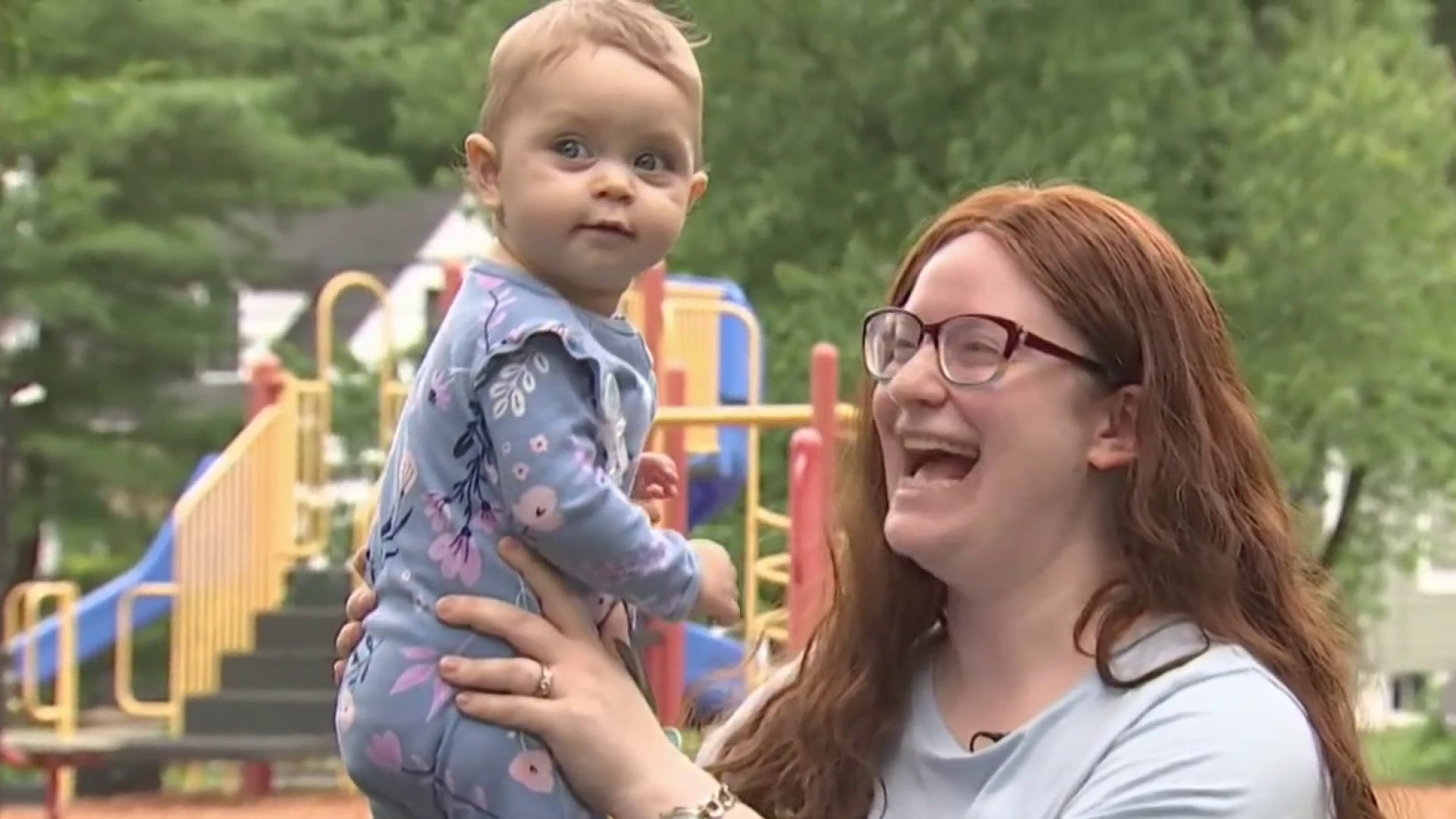New restrictions at restaurants and grocery stores are placing an increased burden on the blind, according to a review and a series of interviews by the News4 I-Team.
People with vision impairments report unique stresses while stopping at supermarkets. The I-Team found inconsistent policies at drive-thru restaurants that must serve the blind.
“It’s scary, because I’m a tactile person,” said Chrichelle Brown, a Northeast D.C. woman who is blind.
“I have to be able to feel everything,” Brown said. “I’m scared because I might touch something someone with coronavirus touched.”
Though major stores offer staff to assist any shopper with a disability, Brown said she and other blind people are hesitant to get help from store workers during a viral pandemic.
“Some of the workers don’t want to get too close to us, which makes it difficult for them to help us,” she said.
Coronavirus Cases in DC, Maryland and Virginia
COVID-19 cases by population in D.C. and by county in Maryland and Virginia
Source: DC, MD and VA Health Departments
Credit: Anisa Holmes / NBC Washington
Local
Washington, D.C., Maryland and Virginia local news, events and information
New restrictions on movement inside stores, including one-way aisles, also create hurdles for blind shoppers, according to advocates for the blind.
“This emphasizes why we need people to have multiple ways to get access (to food),” said Mark Riccobono, president of the National Federation of the Blind.
The I-Team surveyed several major local grocery chains to ask what accommodations they are making to help the blind during the pandemic crisis.
A spokesman for Giant grocery stores said the chain is giving special access to blind people during the 6 a.m. hour, which is reserved for seniors and those with special physical needs. The spokesman said the stores tend to be emptier and in the cleanest condition during that hour.
Spokespeople for Wegmans and Target stores said the companies have expanded access to the AIRA phone app, which connects people with vision impairments with store representatives by phone. The staffers can guide or give verbal commands to help the blind better navigate the stores or items.
In a memo to members nationwide, the National Federation of the Blind warned some restaurants are declining to give access to people with vision impairments at drive-thru fast-food restaurants, despite federal law requiring access be given to people with disabilities. Local emergency orders restrict many restaurants to drive-thru service only. In its memo, the organization said, “The National Federation of the Blind has received numerous reports of discrimination against blind people who have tried to access drive-through windows on foot.”
The I-Team stopped at several drive-thrus in Northern Virginia and found inconsistent responses when employees were asked if walk-thru service is permitted. One employee said she feared she could lose her job if she allowed a customer to walk up to the window for service.
Riccobono said restaurants must be accommodating.
“We’re living in this circumstance along with everyone else,” he said.
Local governments are providing online information about services, including food pantries and donations, that is accessible to people with vision impairments. Those websites will serve blind people who are unable to afford regular meals at restaurants and grocery stores.
Montgomery County Council member Evan Glass told the I-Team those online information sources are critically important for people with disabilities.
“Everybody is looking for access to information and craving ways to get access to government services,” Glass said.
Reported by Scott MacFarlane, produced by Rick Yarborough, and shot and edited by Jeff Piper.



